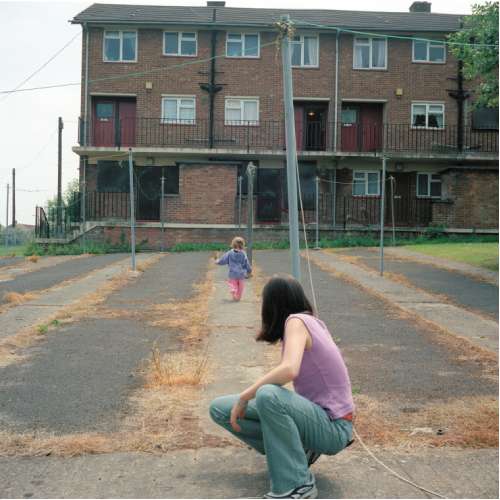Labour is 'burying bad news' of poverty study until after elections

Your support helps us to tell the story
From reproductive rights to climate change to Big Tech, The Independent is on the ground when the story is developing. Whether it's investigating the financials of Elon Musk's pro-Trump PAC or producing our latest documentary, 'The A Word', which shines a light on the American women fighting for reproductive rights, we know how important it is to parse out the facts from the messaging.
At such a critical moment in US history, we need reporters on the ground. Your donation allows us to keep sending journalists to speak to both sides of the story.
The Independent is trusted by Americans across the entire political spectrum. And unlike many other quality news outlets, we choose not to lock Americans out of our reporting and analysis with paywalls. We believe quality journalism should be available to everyone, paid for by those who can afford it.
Your support makes all the difference.The Government has been accused of trying to bury bad news after delaying the publication of its annual poverty statistics until after the local elections next month.
The figures, normally issued in March, will be disclosed on 2 May, the day after local authority elections in England and Wales, The Independent can reveal. Many results, including the contest for London Mayor, will not be announced until 2 May and they are likely to dominate media coverage, swamping the poverty figures.
Independent experts expect the statistics to show Labour is in danger of missing its flagship target of halving child poverty by 2010 and abolish it by 2020.
The Chancellor Alistair Darling announced plans to lift a further 250,000 children out of the poverty net in last month's Budget, on top of the 600,000 taken out since 1997 but forecasters predict it will not be enough get Labour back on track.
Chris Grayling, the shadow Work and Pensions Secretary, said last night: "With this Government's dismal record of trying to bury bad news, you'd think it would know better. There's something deeply cynical and unsavoury about pushing back the release of this information.
"The reality behind Labour's spin is that child poverty is rising, despite its boasts. What has the Government got to hide? The data should be released now."
Ministers deny the figures, to be issued by the Office for National Statistics, are being held back for party political reasons. They argue they were delayed from last month because of the need for "additional validation and quality assurance." They say the figures would never be published during a local election campaign, when Whitehall goes into "purdah".
A spokesman for the Department of Work and Pensions said: "We want to make absolutely sure the statistics are completely reliable and correct. On that basis, it is taking a bit longer than it would have done previously. We want to publish as early as we possibly can. It will be ready to go from 2 May. That is the date agreed."
The announcement will include the number of households below average income and the incomes of pensioners and families. Research by the respected Institute for Fiscal Studies (IFS) suggests the figures will show child poverty and inequality are rising, while disposable incomes are falling. It believes the increases in benefits and tax credits in the 2006-07 financial year were not generous, leading to falls or very small rises for couples with children and lone parents.
In a report for Help the Aged, the IFS forecast a rise in pensioner poverty in 2006-07, mostly because the level of winter fuel allowances in 2005 was not repeated in 2006.
Yesterday, the Tories claimed that 5.3 million low paid families would lose up to £446 a year under Gordon Brown's decision in his final Budget last year to abolish the 10p lower rate of income tax. That takes effect this week. The Tories said one in five families would be affected, even when tax credits are taken into account.
The IFS estimates the losers will include 2.2 million single working people with no children; 1.2 million two-earner couples with no children; 700,000 two-earner couples with children; 500,000 non-workers; 400,000 one-earner couples without children and 300,000 women aged 60-64.
Ministers say many people will benefit from the reduction in the basic rate of income tax from 22p to 20p in the pound, which was also part of last year's Budget. But some Labour MPs have expressed concern about how to "sell" the abolition of the 10p rate in their constituencies.
Join our commenting forum
Join thought-provoking conversations, follow other Independent readers and see their replies
Comments